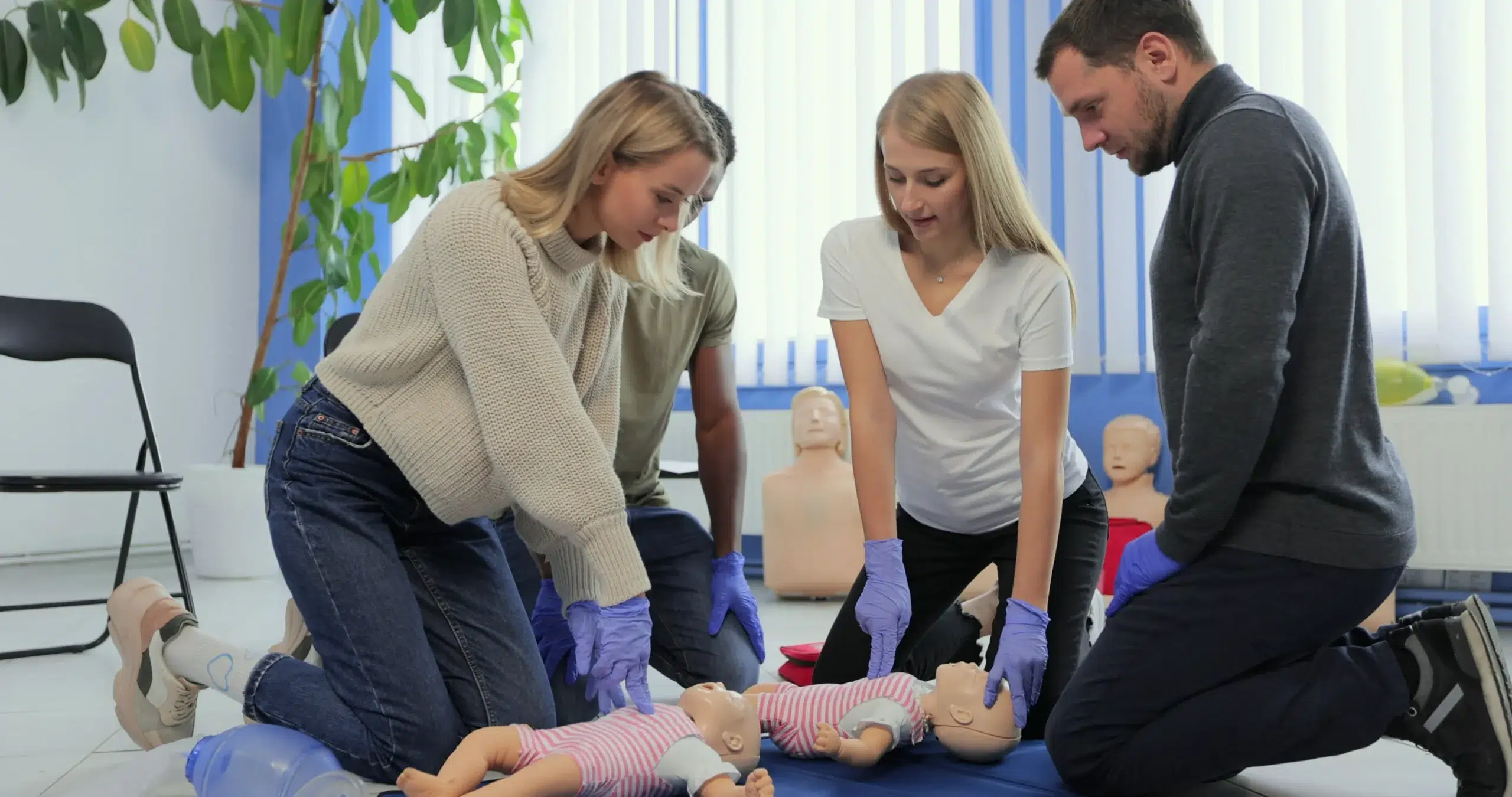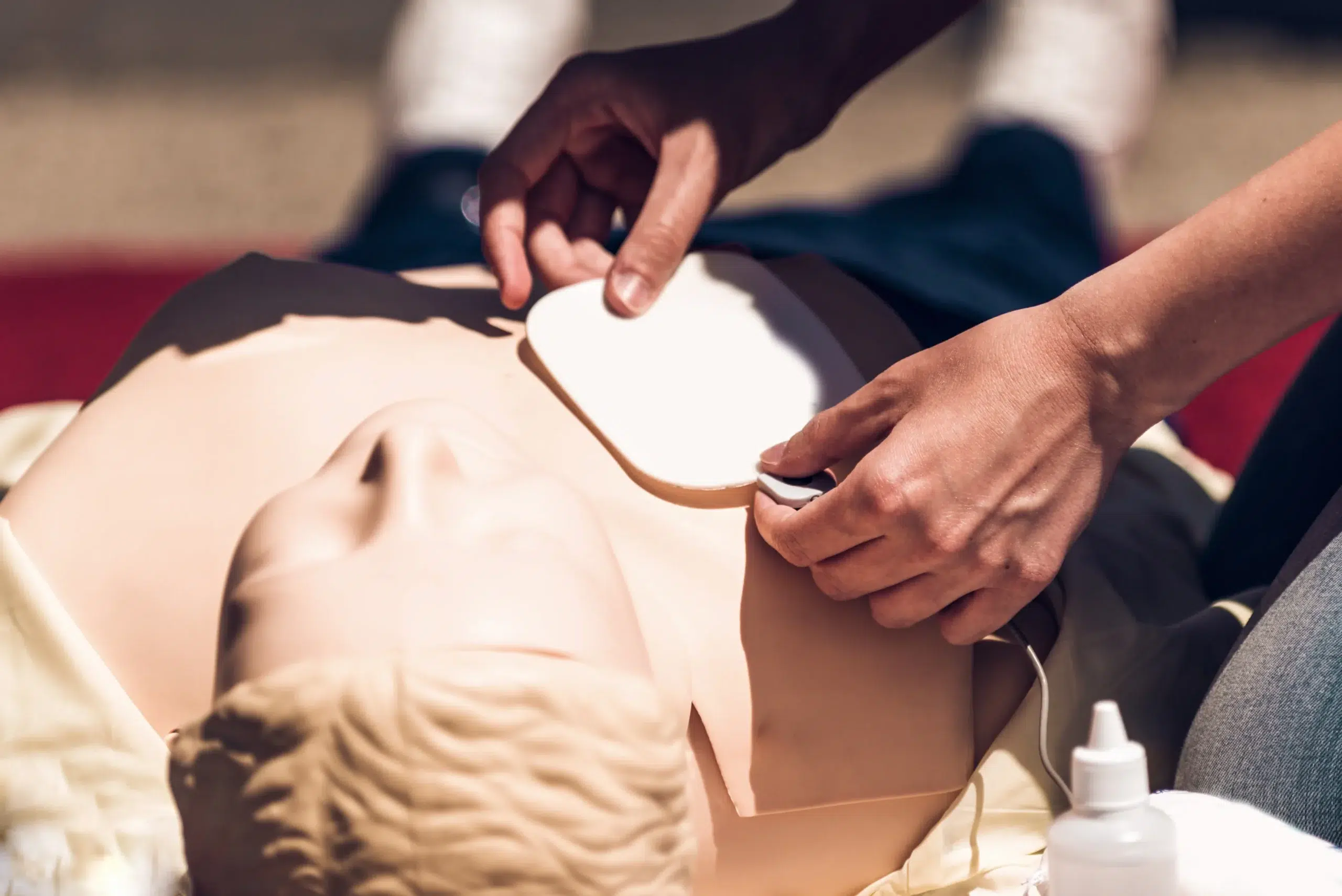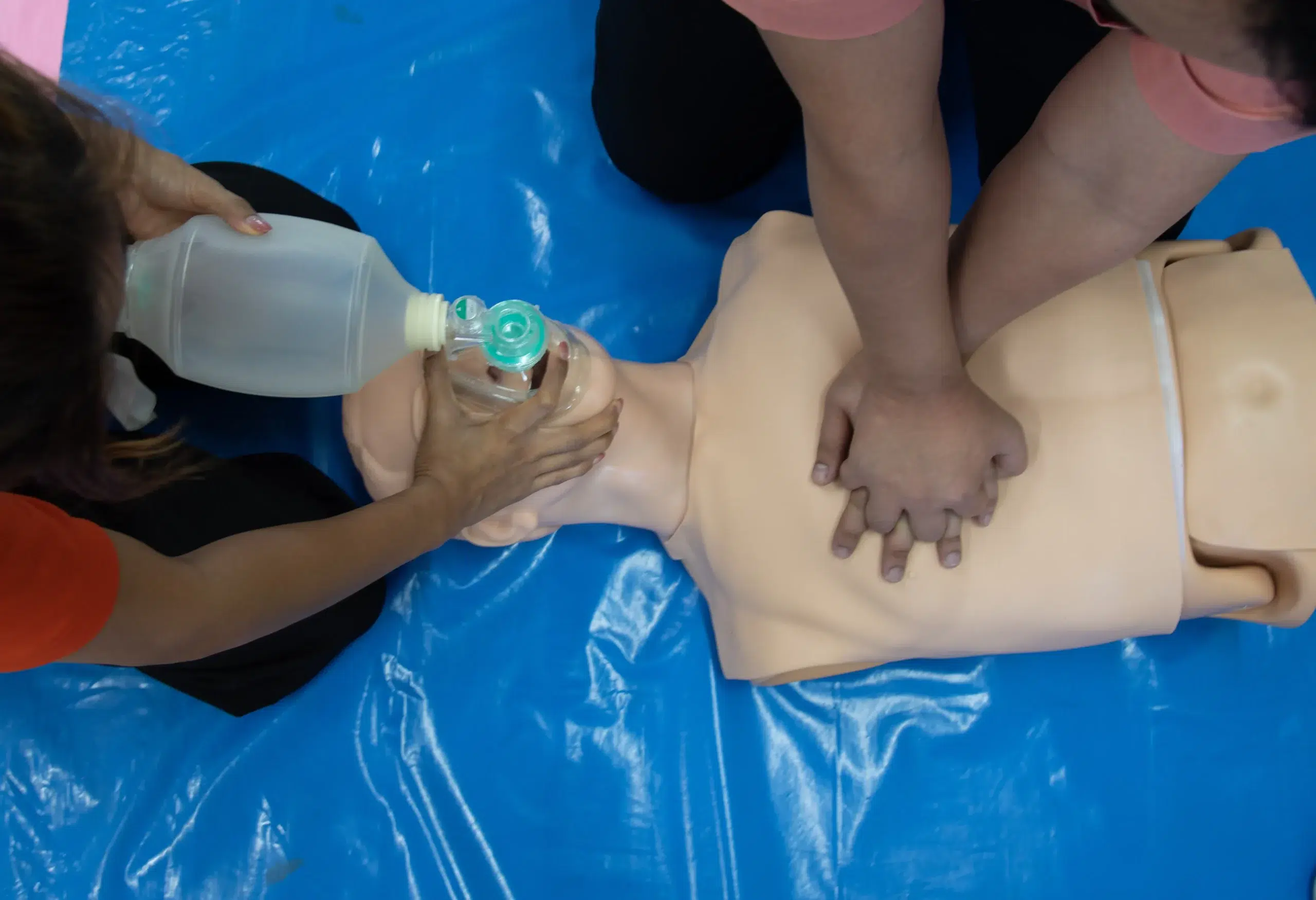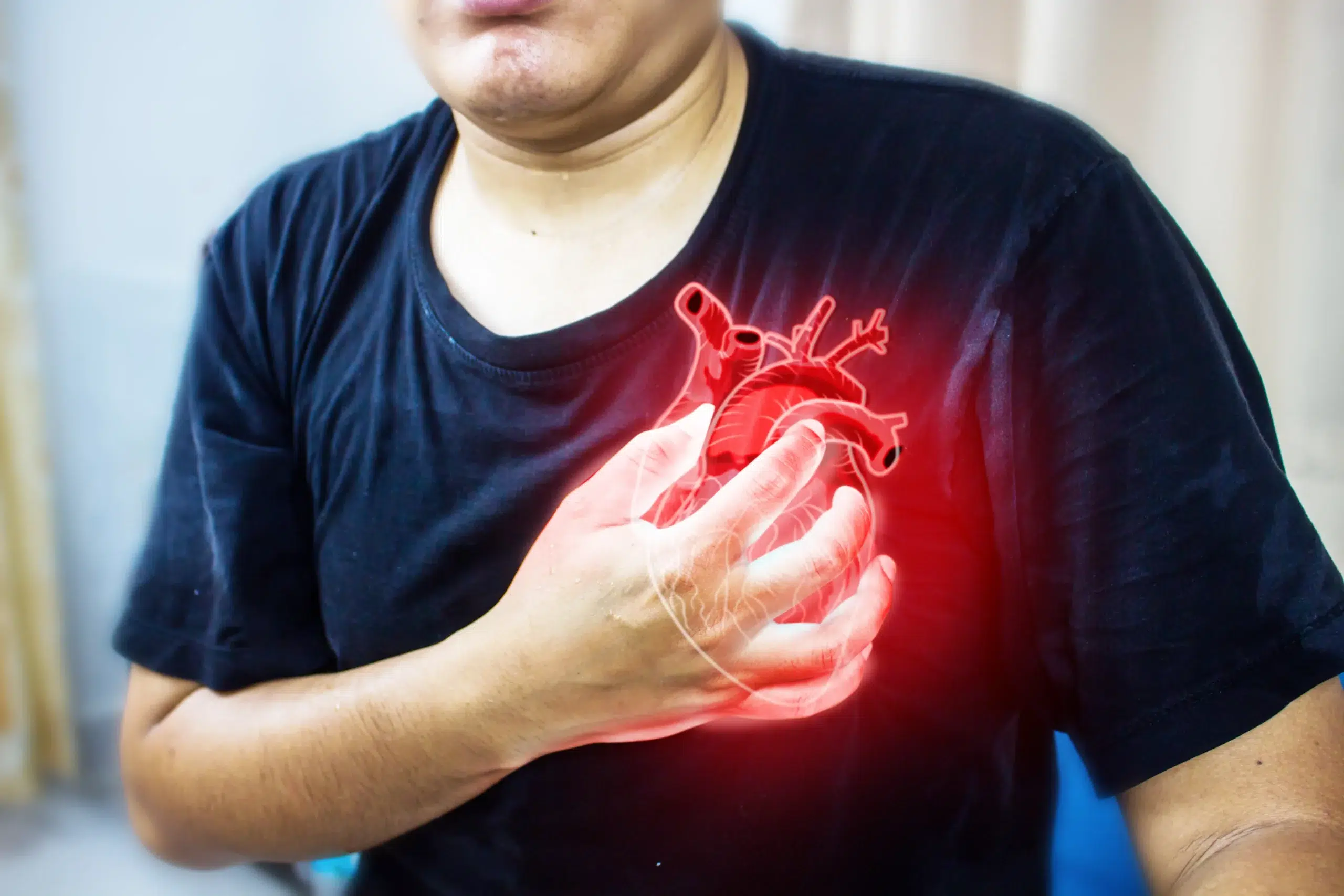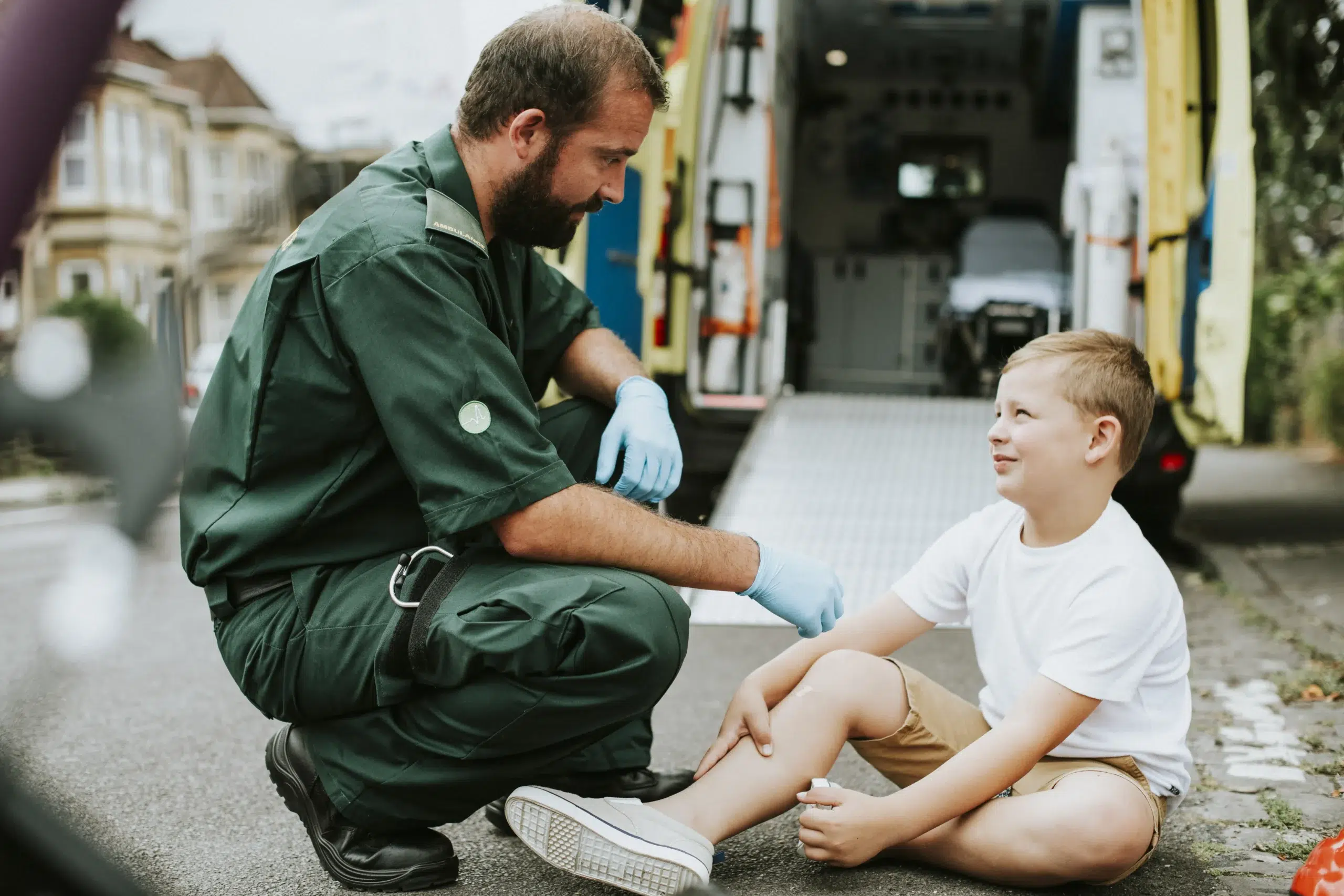Empowering yourself with life-saving skills is easier than you think, especially when it comes to CPR. CPR courses in San Jose offer accessible and comprehensive training to equip you with the knowledge and confidence to respond effectively in medical emergencies. This article serves as your go-to resource for all things CPR in San Jose. We’ll explore the different types of CPR certifications, discuss various learning formats, and provide insights into course costs and value. We’ll also debunk common CPR myths and highlight reputable training providers in the area. Whether you’re a healthcare provider seeking to maintain your skills or an individual wanting to learn CPR for the first time, this guide will help you find the perfect CPR courses in San Jose to meet your needs.
Key Takeaways
- CPR training is accessible and adaptable to your needs: Find the right course in San Jose, from basic community CPR to advanced professional certifications, with options for in-person, online, or blended learning.
- CPR course costs vary based on several factors: Consider the type of course, format, and provider when making your decision. Ask about potential discounts and hidden fees to ensure you’re getting the best value.
- Don’t let CPR myths prevent you from taking action: Anyone can learn and perform CPR, and acting quickly can significantly improve someone’s chances of survival.
Why CPR Matters: Life-Saving Skills for Everyone
Knowing CPR can empower you to save a life, and thankfully, finding American Heart Association (AHA) certified training in San Jose is easy. CPR training is accessible and adaptable to your needs. You can find the right course in San Jose, whether you’re looking for basic community CPR or advanced professional certifications. Local training centers prioritize a fun, engaging learning environment, making these essential skills enjoyable to learn.
Learning CPR is a quick, easy, and impactful way to make a difference. It’s a skill that can truly save lives, yet many people haven’t received this training. This highlights the importance of readily available CPR and first-aid training. Plus, studies show that using modern training equipment, like mannequins with instant feedback, makes learning even more effective. Students are more engaged and motivated to master high-quality CPR when they see the immediate results of their practice with feedback mannequins.
CPR Courses in San Jose
CPR certification classes equip you with the skills to respond to emergencies and potentially save lives. Whether you’re a healthcare professional, a concerned parent, or simply someone who wants to be prepared, San Jose offers a variety of CPR courses to meet your needs. Let’s explore some of the key CPR certifications available:
Adult CPR
Adult CPR courses focus on techniques for responding to cardiac arrest and respiratory emergencies in adults. You’ll learn how to recognize the signs of a cardiac event, perform chest compressions, provide rescue breaths, and use an automated external defibrillator (AED). These courses benefit anyone, from healthcare providers to those seeking general knowledge and preparedness. Finding the right course in San Jose is easy, whether you need basic community CPR training or are pursuing advanced professional certifications. Safety Training Seminars offers a range of CPR and First-Aid courses to fit your schedule.
Pediatric CPR
Pediatric CPR courses teach you how to respond to emergencies involving infants and children. The techniques differ from adult CPR due to the smaller size and different physiology of young patients. You’ll learn how to perform CPR on infants and children, relieve choking, and manage other pediatric emergencies. These courses are especially important for parents, caregivers, teachers, and anyone who regularly interacts with children. The American Heart Association offers a variety of CPR and first aid training programs, including resources for the general public.
First Aid & CPR
Combining first aid and CPR training provides comprehensive emergency preparedness. These courses cover various topics, including CPR techniques for adults, children, and infants, plus how to manage injuries like burns, cuts, and fractures. Many private training companies in San Jose offer combined first aid and CPR courses, making it convenient to gain these essential skills. Safety Training Seminars provides several CPR and first-aid training options, including renewal courses for certifications like BLS, ACLS, and PALS.
BLS for Healthcare Providers
BLS (Basic Life Support) certification is specialized CPR training designed for healthcare professionals and those working in medical settings. It covers advanced life support techniques, including airway management, oxygen administration, and using advanced medical equipment. BLS certification is often a requirement for healthcare jobs and demonstrates a higher level of proficiency in emergency response. The American Heart Association offers more information on BLS certification and resources.
Choose Your Course Format
Finding the right CPR course format depends on your learning style, schedule, and comfort level. Let’s break down the most common options: in-person, online, and blended learning.
In-Person Training
In-person CPR training remains a popular and effective choice. It offers hands-on practice and direct feedback from certified instructors, invaluable for building the muscle memory and confidence you need to perform CPR effectively. The classroom setting also allows you to ask questions, learn from others, and practice with different body types and scenarios. If you thrive in a structured, interactive environment, in-person training might be your best fit.
Online Courses
Online CPR courses provide a flexible alternative for busy schedules or limited access to in-person classes. You can learn the basics at your own pace, revisiting material as needed. However, online courses typically don’t offer the same level of hands-on practice. While convenient for learning the theory, they often require a separate in-person skills session to complete your certification. When considering an online course, make sure it’s from a reputable organization like the American Heart Association or the American Red Cross to ensure quality instruction.
Blended Learning
Blended learning combines online convenience with the benefits of in-person instruction. This format typically involves completing the coursework online at your own pace, followed by a scheduled in-person skills session. Blended learning offers a good balance for those who want flexibility but also recognize the importance of hands-on training. It’s a particularly attractive option for busy professionals or those who prefer to absorb information independently before practicing in a group. Many training centers offer blended First Aid and CPR courses, streamlining the certification process.
CPR Course Costs & Value
Finding the right CPR course often involves balancing cost with value. It’s smart to understand what influences pricing and how to spot potential hidden fees so you can make an informed decision. Let’s break down the factors that affect CPR course costs in San Jose.
Course Prices
CPR course prices in San Jose vary based on several factors. The type of course you choose—basic CPR, CPR and First Aid, or advanced certifications like BLS for Healthcare Providers—will influence the cost. Naturally, more comprehensive courses covering a broader range of skills tend to have higher price tags. The course format also plays a role. In-person training often differs in price from online or blended learning options. It’s worth exploring different formats to find one that suits both your budget and learning style. Finally, the training provider itself will have its own pricing structure. Doing a little comparison shopping among reputable providers in San Jose can help you find a course that offers the best value.
Hidden Fees
While upfront course prices are important, watch out for hidden fees that can inflate the overall cost. Some providers might charge extra for things like course materials, certification cards, or online access codes. Before committing to a course, ask about any additional costs associated with registration, materials, or certification. Reputable providers, like Safety Training Seminars, are transparent about their pricing and will gladly clarify any questions you have. Reading reviews of different training centers can also give you insights into their fee structures and overall value. Transparency is key when choosing a CPR training provider.
Discounts & Promotions
Many CPR training providers offer discounts and promotions, making these valuable courses even more accessible. Students, seniors, military personnel, and groups may be eligible for reduced prices. Some providers also run seasonal promotions or offer discounts for registering early. Check if the provider offers a low price guarantee to ensure you’re getting the best possible deal. It’s always a good idea to inquire about potential discounts when you contact a training center. Safety Training Seminars, for example, offers a variety of CPR courses in San Jose and may have special offers available. A little research can go a long way in saving you money on your CPR certification.
Certification & Renewal
Knowing how certification works—and how to maintain it—is key to making the most of your CPR training. This section covers everything from how long your certification is valid to the requirements for more advanced courses.
Certification Validity & Renewal
CPR certifications are typically valid for two years. This standard applies to most CPR and First Aid certifications, including those from the American Heart Association and the Red Cross. Renewal courses are readily available as your certification nears its expiration date. For busy professionals, some providers offer streamlined renewal options, such as a quick 45-minute skills check after completing the online portion of a hybrid course. Check with your chosen provider, like Safety Training Seminars, for specific renewal information.
Prerequisites for Advanced Courses
If you’re considering advanced life support training, such as ACLS (Advanced Cardiovascular Life Support) or PALS (Pediatric Advanced Life Support), it’s important to understand the prerequisites. Generally, a current BLS (Basic Life Support) certification is required before enrolling in these advanced courses. This ensures you have a solid foundation in basic life-saving techniques before tackling more complex scenarios. You can find more information on prerequisites for ACLS courses in San Jose. Course length also varies. A basic CPR class may only take a few hours, while more advanced certifications like BLS or ACLS require a greater time commitment.
OSHA Compliance
For workplace training, ensure your CPR certification meets Occupational Safety and Health Administration (OSHA) standards. Many reputable training providers offer OSHA-compliant CPR courses, giving you the skills to respond effectively to workplace emergencies. Safety Training Seminars is one such provider, with courses taught by experts and designed to meet these workplace safety standards. Whether you choose classroom or blended learning, verifying OSHA compliance provides peace of mind and ensures your training aligns with requirements. You can often find information about a provider’s OSHA compliance on their website or by contacting their customer service team. For instance, details about Safety Training Seminars’ pricing and policies are available on their FAQ page.
Top CPR Training Providers in San Jose
Finding the right CPR training provider is an important step. Here’s a look at some reputable options in San Jose:
Safety Training Seminars
Safety Training Seminars offers a comprehensive range of American Heart Association (AHA) certified courses, including ACLS, BLS, PALS, and First Aid. They’re known for convenient daily classes, helpful customer service, and a low price guarantee. This makes them a solid choice for busy professionals and anyone looking for value.
American Red Cross
The American Red Cross is a trusted name in emergency preparedness, offering CPR and First Aid classes in San Jose. Their courses are OSHA-compliant, meeting workplace safety standards, and are taught by expert instructors. The Red Cross is a good option if you’re looking for a familiar and widely recognized certification.
CPR Training Center
CPR Training Center provides AHA-certified CPR, BLS, ACLS, PALS, and First Aid training. They offer classes for both healthcare providers and the general public, including on-site training options. This flexibility makes them a good choice for groups or businesses needing certification. Visit their website for details on their courses.
Morgan Hill CPR Classes
Morgan Hill CPR Classes offers various AHA certifications, including BLS, ACLS, PALS, CPR, and First Aid. They highlight their woman-owned status, low-price guarantee, and convenient daily classes. If you’re looking for a locally owned business with a focus on affordability and accessibility, Morgan Hill CPR Classes might be a good fit. You can learn more about CPR classes in San Jose on their blog.
CPR Myths Debunked
It’s easy to get confused about CPR. Let’s clear up some common misconceptions so you can act quickly and confidently in an emergency.
“Only Medical Professionals Can Perform CPR”
This is absolutely false. Anyone can learn and perform CPR. In fact, bystander CPR can dramatically increase someone’s chances of survival after sudden cardiac arrest. Don’t hesitate to act if you see someone collapse—your immediate response could save a life. Safety Training Seminars offers a variety of CPR certification courses in San Jose to equip you with these life-saving skills.
“CPR Always Revives a Person”
CPR is a powerful tool, but it’s not a miracle cure. It helps circulate oxygenated blood to the brain and vital organs, buying precious time until professional medical help arrives. While CPR doesn’t always result in a full recovery, it significantly improves the odds of survival and can prevent further brain damage. Find a CPR course near you to learn the proper techniques.
“You Must Be Certified to Perform CPR”
Formal CPR training is highly recommended and provides valuable knowledge and skills. However, if someone experiences sudden cardiac arrest and you’re not certified, something is better than nothing. Uncertified CPR can still make a difference. Chest compressions alone can help maintain blood flow. Check out our CPR and First-Aid courses to become certified.
“CPR Can Cause More Harm Than Good”
The potential for harm from properly performed CPR is minimal. Rib fractures can sometimes occur, but this is a small price to pay compared to the alternative. The benefits of performing CPR far outweigh the risks, especially when someone’s life is on the line. Learn more about our low price guarantee for CPR certification.
Related Articles
- CPR Classes in San Jose: Your Complete Guide – San Jose CPR Classes
- San Jose CPR Classes: Find Certification Near You – San Jose CPR Classes
- Why CPR Is Crucial in Healthcare
- The Importance of CPR in Saving Lives – San Jose CPR Classes
- CPR Training in Santa Clara: Your Complete Guide – San Jose CPR Classes
Frequently Asked Questions
What if I’m nervous about performing CPR in a real emergency? It’s completely normal to feel apprehensive about using CPR in a real-life situation. That’s why hands-on practice in a supportive learning environment is so important. A good CPR class will give you the chance to practice your skills and build confidence in a safe setting. Plus, instructors can address your specific concerns and help you feel more prepared.
How do I choose the right CPR class for me? Think about your specific needs and schedule. If you’re a healthcare provider, you’ll need a BLS certification. Parents, teachers, or caregivers might want to focus on pediatric CPR and first aid. If you have a busy schedule, an online or blended learning format might be more convenient. Also, consider your learning style – some people prefer in-person instruction, while others thrive with self-paced online learning.
What’s the difference between CPR and First Aid certification? CPR focuses specifically on life-saving techniques for cardiac arrest and respiratory emergencies. First Aid covers a broader range of injuries and illnesses, like burns, cuts, and allergic reactions. Many courses combine CPR and First Aid training, offering comprehensive emergency preparedness.
How can I find CPR classes near me in San Jose? Several reputable organizations offer CPR training in San Jose. A quick online search for “CPR classes San Jose” will give you a good starting point. You can also check with local hospitals, community centers, or the American Red Cross. Look for providers offering AHA-certified courses, which meet widely accepted standards.
Why is it important to get certified through a reputable organization like the American Heart Association? AHA certification is recognized nationally and ensures you’ve received high-quality training based on the latest scientific guidelines. Employers often require AHA certification, and it demonstrates a commitment to learning and maintaining these essential life-saving skills.



